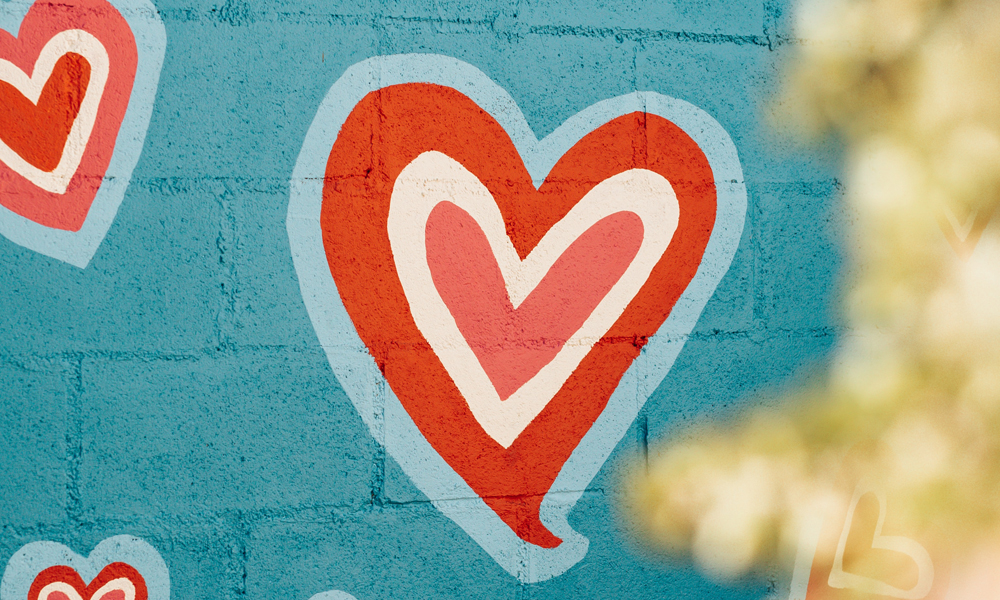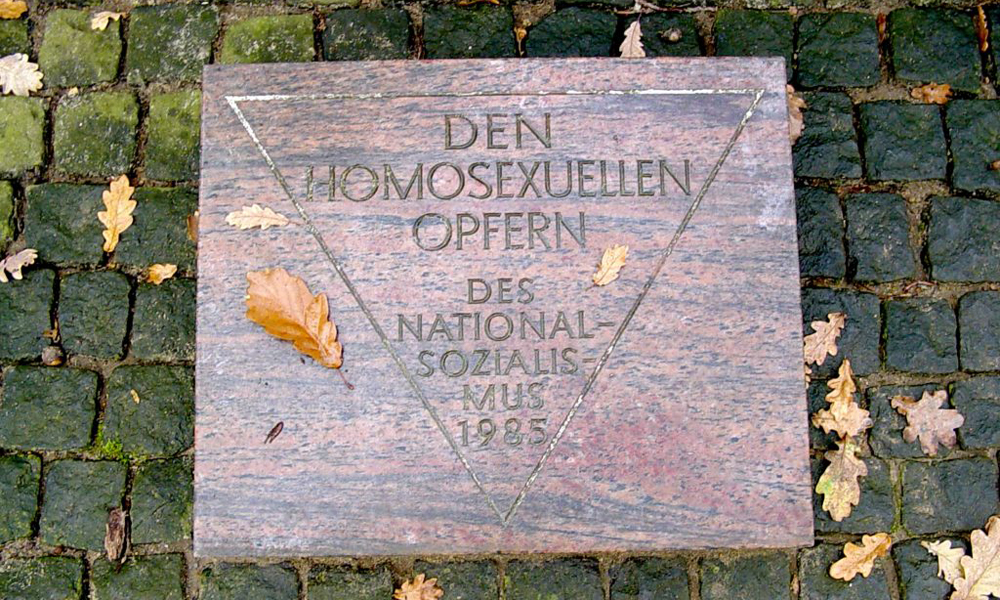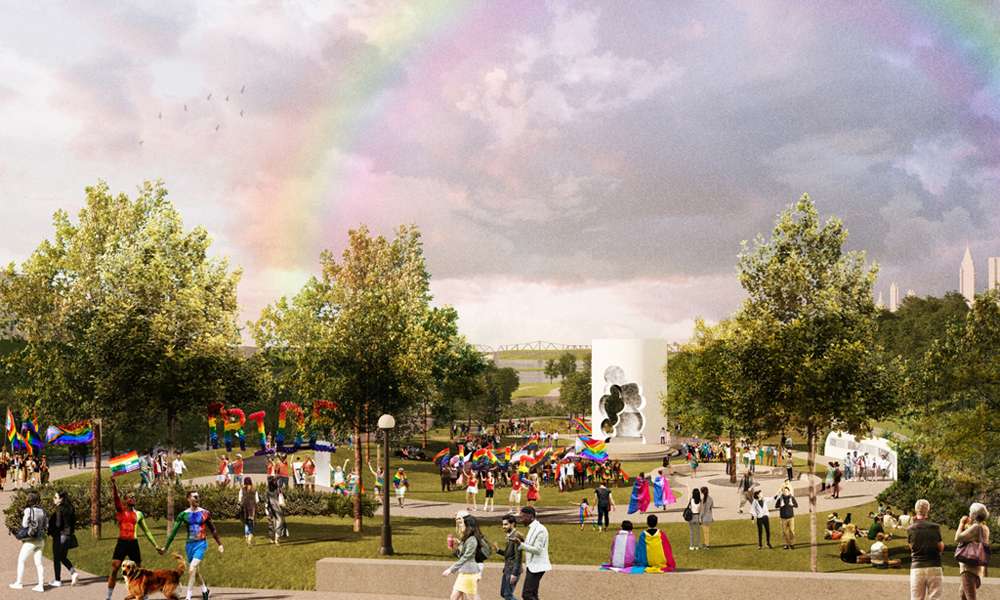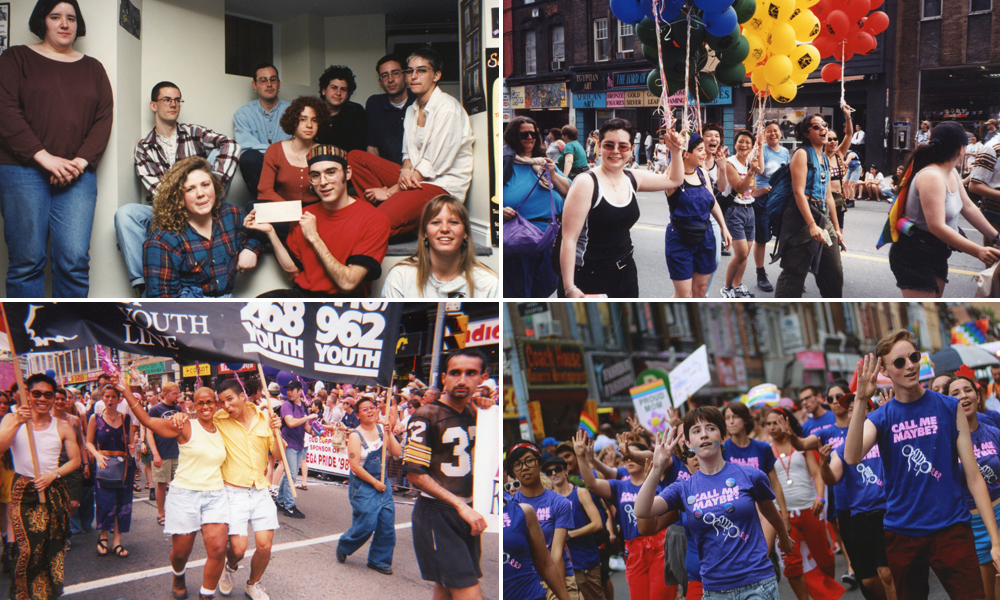Summer allows us to lower our guard and let in new people and experiences…
By Paul Gallant
When I was attending university in Ottawa, my English professor assigned us to see and write about the play Karla and Grif by Vivienne Laxdal, the story of a relationship between two women. The main action takes place when Karla’s father dies and she desperately goes to her long-lost friend Grif for support, as well as for resolution over something that had happened between them years earlier. In flashbacks, the audience sees how the pair stumbled into a sexual and romantic affair while they were at summer camp – bunkbeds in cabins, hikes in the woods – and how it ended badly.
This was the 1980s and I had never seen homosexuality depicted on stage before – except as a joke – so the play won me over merely by saying aloud things I had thought or felt. But I remember my professor, a straight but progressive white guy, giving his POV of the story as something like: “Oh, of course, it had to happen between teenagers at summer camp so the characters and the audience can think of homosexuality as a fling or experiment, something that happens just because of an opportunity, not something adults would, in full awareness of their desires, freely pursue.”
My professor, straight as he was, was ahead of his time. In retrospect, the summer-camp motif seems condescending. Think of how many queer love stories in the last couple of decades are launched because the two main characters are forced together and/or isolated from their quotidian concerns in some sort of pastoral setting: Brokeback Mountain, Call Me By Your Name, Portrait of a Lady on Fire, My Own Private Idaho and God’s Own Country, just to name a few. These films all suggest we must be detached from family and friends, have all other choices removed, before we can cross the uneasy brink into a same-sex relationship.
My professor’s take is a smart critique of a template for LGBTQ+ storytelling that was established by a more apologetic generation of cultural creators than the ones coming of age today, who tend to de-centre stories of coming out and sexual awakening. But it’s a critique that misses a larger truth: when school’s out, or we’ve clocked out of work and out of our daily concerns, that’s when new adventures begin.
Summer, especially, serves up mobility and freedom that allows us to reinvent ourselves, allows us to lower our guard and let in new people and experiences. Only during summer holidays can you find yourself lying in the long grass next to a near stranger who is only a pinkie’s distance away – lying next to the same stranger in a snowbank in January or in the mud in April is not the same sort of sweet temptation. Even if our adult work schedule doesn’t exactly match up with the liberating power of summer, we have been trained by our dozen or so years of schooling that good weather is the time to reset our lives and identities, perhaps readying ourselves for a newfound sense of purpose and direction when the fall, and so cuffing season, takes over.
Until the cooler weather hits, we’re more carefree and more likely to set aside expectations and standards, according to some psychologists. Perhaps summertime triggers something in us that makes us revert, just a little, back to our adolescence. Even straight people fall under its sway: think of John Travolta and Olivia Newton-John nostalgic for their “Summer Nights” together in the film musical Grease. And Sandy Olsson and greaser Danny Zuko, sadly being straight, didn’t kick off their summer romance with a Pride party where thousands of underdressed people were scanning the crowd for a possible next lover.
Whether it’s the freshness of a vacation destination, a camping expedition, a seasonal job or hobby, or just a more relaxed attitude that allows us to see our existing community in a different way, summer can surround us with a new cast of characters, allowing us to try on new identities in front of a new audience. The shy librarian type gets the opportunity to take off her glasses, shake out her hair and play the part of femme fatale. Especially in cases of coming out, being away from the prying eyes of our family and peers can make us feel more comfortable with our authentic selves. In cultural depictions, this can be a dramatic transformation. In 1998’s Edge of Seventeen, set in 1984, a teenager takes a job at an amusement park, allowing him to meet an older male co-worker who casually mentions that he has a boyfriend. This simple revelation is a game changer. By the movie’s end, the protagonist is dressing flamboyantly, going to gay bars and getting rim jobs.
The warm weather of summer can also mean stripping down: we see more of each other’s flesh and it can change the way we think of each other. Going to a bar, where we’ve given some thought to our wardrobe, we present ourselves based on multiple factors: how rich we are, how closely we follow fashion, our taste as shaped by our upbringing, and the social codes and expectations of the venue. On a beach – though there has definitely been a boom in the expressiveness of bathing attire, with cuts and colours, zippers and accessories, patterns and textures declaring to the world what kind of people we are – the eyes linger on the body itself, muscled or svelte or chunky, hairy or smooth, skin dark or tan or fair. Pack a beach with gay bodies and what they are saying to each other becomes irrelevant in the face of the mass of bodies on display.
Come summer, there are just more places to be that aren’t home, places where we can encounter new friends and old. Patios and hiking trails, festivals and ferry rides – the pageant of life passes by that much more closely. The gay male affinity for beach holidays, the desire to escape winter for Puerto Vallarta or Torremolinos or Mykonos or Cape Town, is a desire to reproduce the promise of summer even when it’s minus-20 in our hometowns.
People in year-round warm climates, though they save a lot on winter clothing, miss out on this surge of freedom and relaxation. It’s not practical for them; people in Los Angeles who kick off work early because it’s sunny out would never get anything done. But for those of us who live four-season lives, nothing feeds the LGBTQ+ soul like a Saturday afternoon and evening in July and August.
PAUL GALLANT is a Toronto-based writer and editor who writes about travel, innovation, city building, social issues (particularly LGBT issues) and business for a variety of national and international publications. He’s done time as lead editor at the loop magazine in Vancouver as well as Xtra and fab in Toronto. His debut novel, Still More Stubborn Stars, published by Acorn Press, is out now.







POST A COMMENT